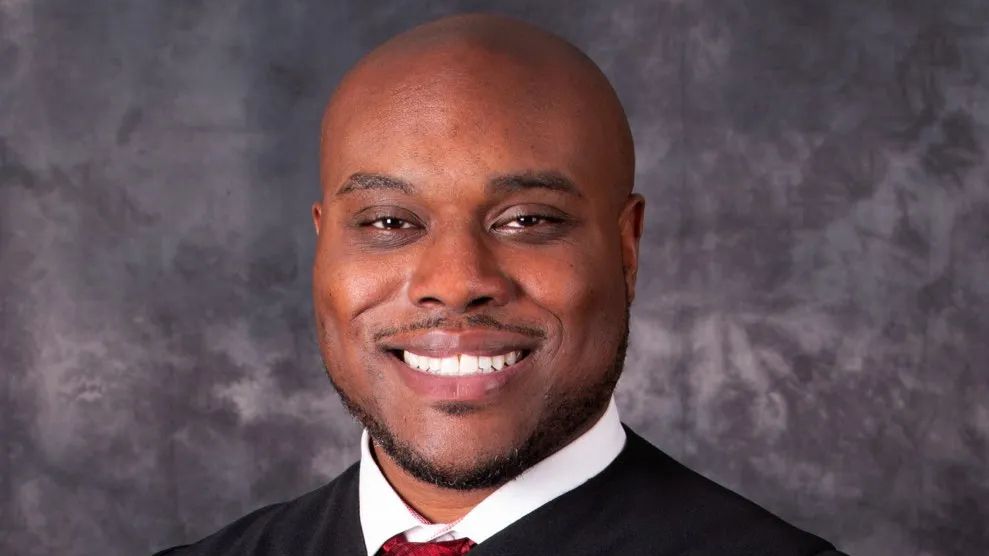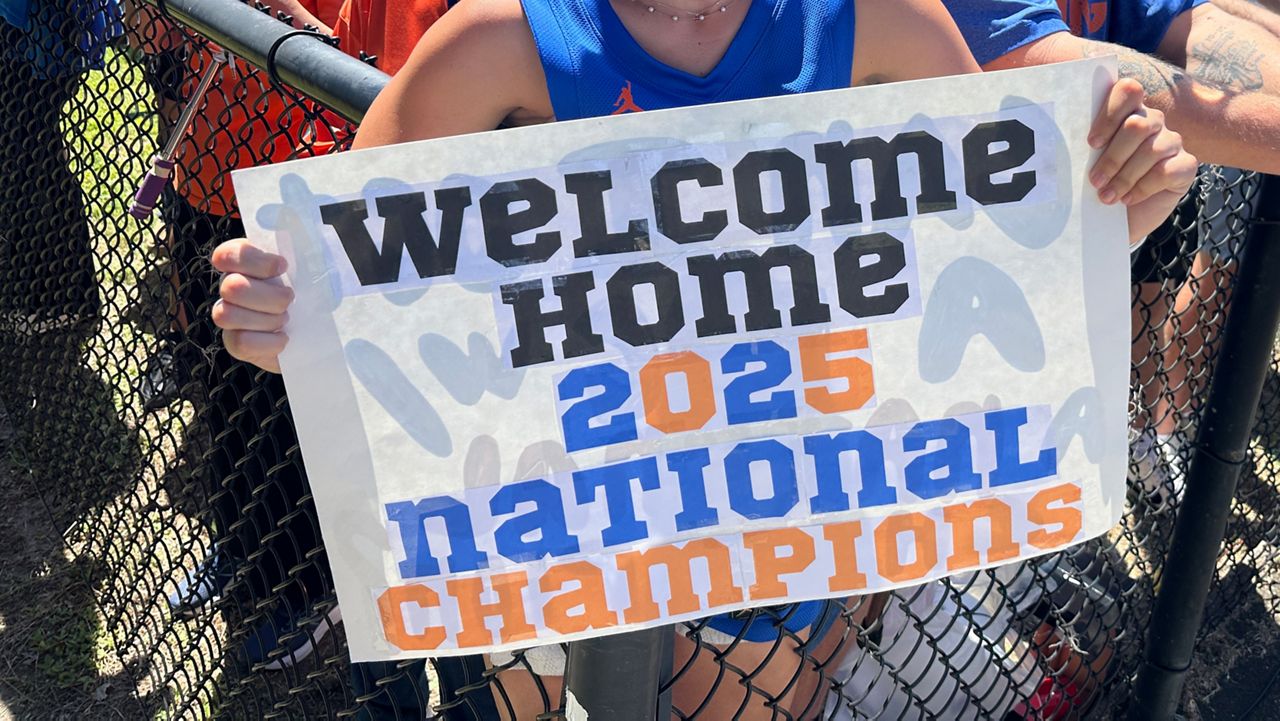ORLANDO, Fla. — Mental health services are not back to pre-pandemic levels at the University of Central Florida, but they are getting there.
Vanessa Stein, who helps head outreach for UCF’s Counseling and Psychological Services (CAPS), says that’s the national trend right now, but adds the numbers don’t tell the entire story, since not every student who needs help seeks it.
“I do think the need is high and I think that we’ll continue to see students wanting the support,” she explained. “And I think they’re really looking forward to it and looking forward to being able to have those safe spaces to talk.”
CAPS conducted 11,101 appointments in the fall of 2019, according to numbers released by a university spokesperson. The following year, amid the pandemic, appointments dipped to 9,891. Then this past fall, appointments rose to 10,525.
UCF began offering telehealth virtual therapy at the start of the pandemic. That option is still available for students and will continue to be, in addition to text messaging and online forum options, explains Stein.
Adam Alli, a kinesiology student, started doing telehealth therapy through CAPS in January. As a full-time college student working three days a week, the flexibility of telehealth is appealing to him.
“The biggest thing for me was I always felt like I wouldn’t have enough time to dedicate myself to go to a therapy session,” said Alli. “Now it’s just, I can do it whenever I need to.”
Alli says therapy has helped him, and he plans to continue with his sessions. He’s part of a new campus group called Active Minds, which is made up of student mental health advocates. He encourages anyone who needs help to seek it.
“Just having somebody say I understand or saying, ‘Oh I’ve been there,’ or, ‘I can’t imagine what that’s like,’ just hearing it actually does a lot more for me than I thought it would,” he said.









